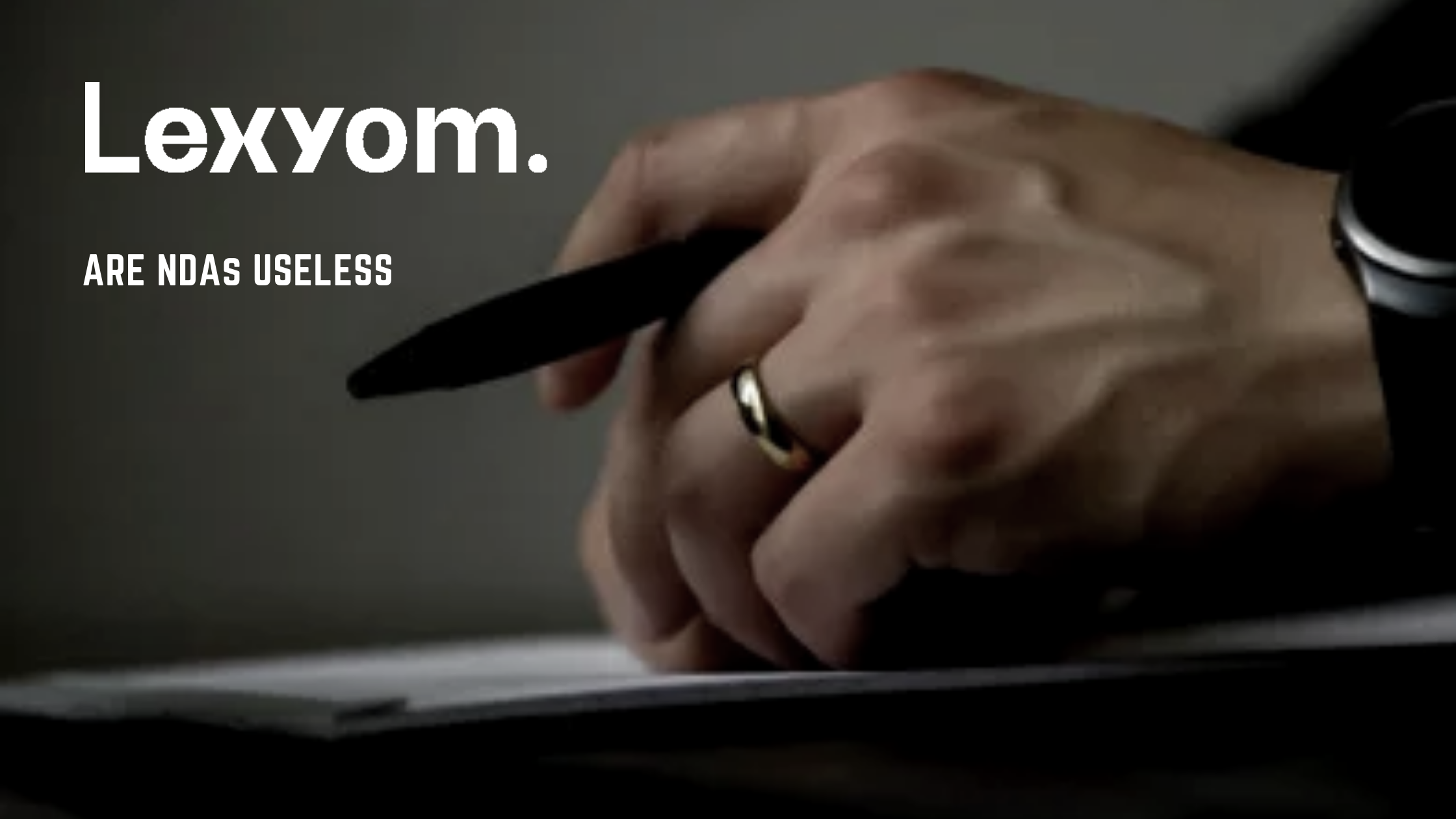- Overview
A Non-Disclosure Agreement or NDA is an agreement signed between two or mutual parties and is binding. This kind of agreement can be of 2 types: either unilateral or bilateral.
In a unilateral agreement, one party discloses information to the other party, known as confidential information. The other party agrees not to reveal confidential information.
In a mutual agreement, both parties share confidential information, and they both agree not to share each other’s confidential information.
- Explanation
To dig into the subject more in-depth and help you understand NDA’s concept, it is essential and critical to understanding what is meant by “confidential information.”
In our daily lives, we tend to share a lot of information with people around us without considering anything, and here is an important question to ask:
Is all the disclosed information considered confidential? Or in other words, what is the criterion that enables us to identify or specify whether this information is confidential or not?
Keeping it simple and basic, determining the nature of the information lies in its importance and how valuable and disclosed between people.
So, suppose a piece of information is public, and everyone is able to get it or reach it. In that case, it is most certainly not confidential. But if the information disclosed is not disclosed to the public and no one knows about it except for specific people who know the importance of this information and its value, it is logically confidential.
- Example of when it is needed
To get an even deeper approach to the whole concept of NDA’s, it is meant to give examples of when needed.
One of the many scenarios is this one:
A person has recently been accepted at a job and is trained by the managers and the relevant employees. It is more than usual that he will get acquainted with all kinds of information associated with the work, such as the clients’ name, marketing strategies, and valuable information to the company and are considered very confidential.
In this scenario, every responsible employer using his best endeavors to safeguard his company should make every new employee sign an NDA.
Another interesting scenario is the case where two people are interested in joining their efforts for a possible joint venture and will both share confidential information and their creative new ideas, signing an NDA is required,
- Typical clause
Now that you got a closer approach to using an NDA, highlighting the most crucial clause is a must.
Since the beginning of this video, we are talking about confidential information. It is more than usual that a confidential information clause is stipulated in the agreement indicating confidential information, the obligation of confidentiality, and the return of confidential information.
- Why is it important?
But why? Why is signing an NDA important? What kind of benefits or protection does it provide?
An NDA provides you with the protection of your confidential information. These kinds of information are often precious and essential to its disclosing party. Revealing them could cause significant loss to its owner. This is why when a person binds himself to an NDA, he will get sanctioned in case he violates its terms and doesn’t keep the information confidential.
- How can a lawyer help?
These agreements’ nature is so crucial that translating the disclosing party’s needs into comprehensive legal content aiming directly to his needs is so critical. This is why having a familiar with them is a must!
After seeing this video, if you realize that you need any assistance in safeguarding your confidential information, feel free to visit lexyom.com and book an online consultation with a lawyer.
See you in the next video!







